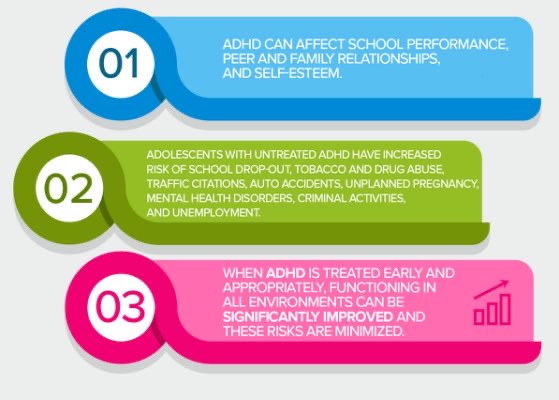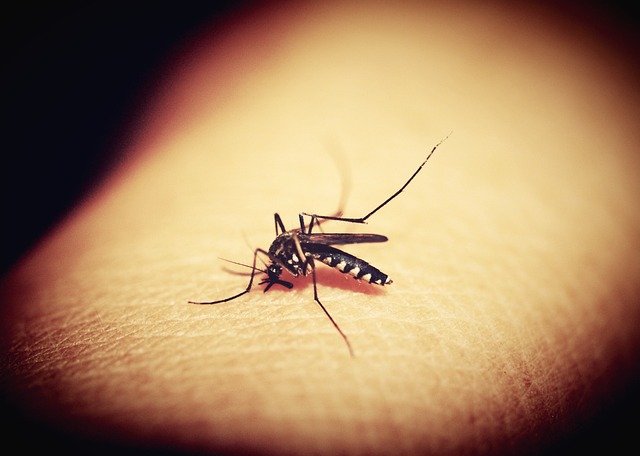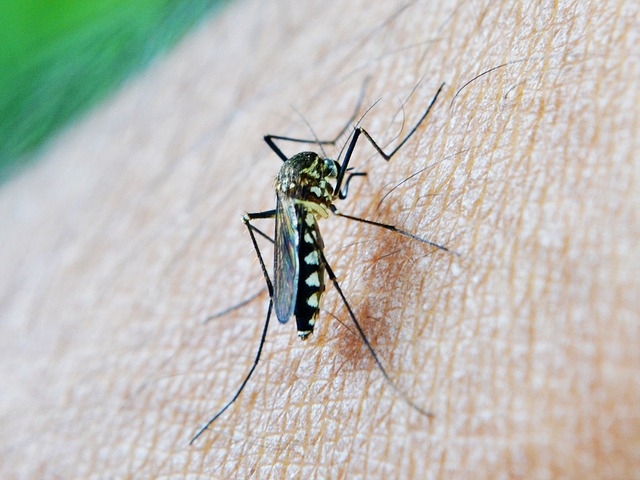Attention deficit hyperactivity disorder, or ADHD, is a mental health condition that can impact a child’s social interactions. While it can make school life and friendships challenging, it’s important to note that ADHD is sometimes used as a catch-all term for challenging behavior in young children, especially when those behaviors revolve around early learning processes. For this reason, ADHD is typically not diagnosed in children until they reach the age of 6. Even then, there are strict criteria set by the National Health Service that must be considered:
- The child must have displayed symptoms continuously for a period of 6 months.
- These symptoms must be evident in at least 2 different settings to rule out behavioral issues stemming from either the parent or teacher.
- The child should be experiencing difficulties in school life, whether socially, academically, or occupationally.
- The child should not be exhibiting symptoms linked to other developmental issues or conditions.

Before we delve into the symptoms of ADHD, it’s crucial to keep the NHS’s recommendations in mind. Every child will exhibit some of the symptoms listed below at various points in their development. It’s all too easy to label children with ADHD when sometimes it’s a matter of our own mismanagement of their behavior, whether we’re parents or teachers.
Here are some common ADHD symptoms:
- Difficulty recognizing others’ needs.
- Frequent interruptions to express their own thoughts.
- Struggles with emotional control, often due to frustration.
- Fidgeting and squirming, an inability to sit still for more than 2-3 minutes (especially during activities they enjoy).
- Easily distracted, frequently starting new tasks without finishing old ones.
- Inability to listen and respond appropriately, often pretending to understand without truly absorbing what’s been said.
- Potential for constant noise-making or, conversely, daydreaming.
If you remain concerned about your child, seeking a professional evaluation is a reasonable step. However, in a world where medication is sometimes over-prescribed, it’s essential to carefully consider whether it is genuinely in your child’s best interest and necessary for their well-being.
If you happen to know of a valuable resource within the community that could assist others and may have been overlooked, please don’t hesitate to reach out to us at [email protected]. We’re here to support one another.





